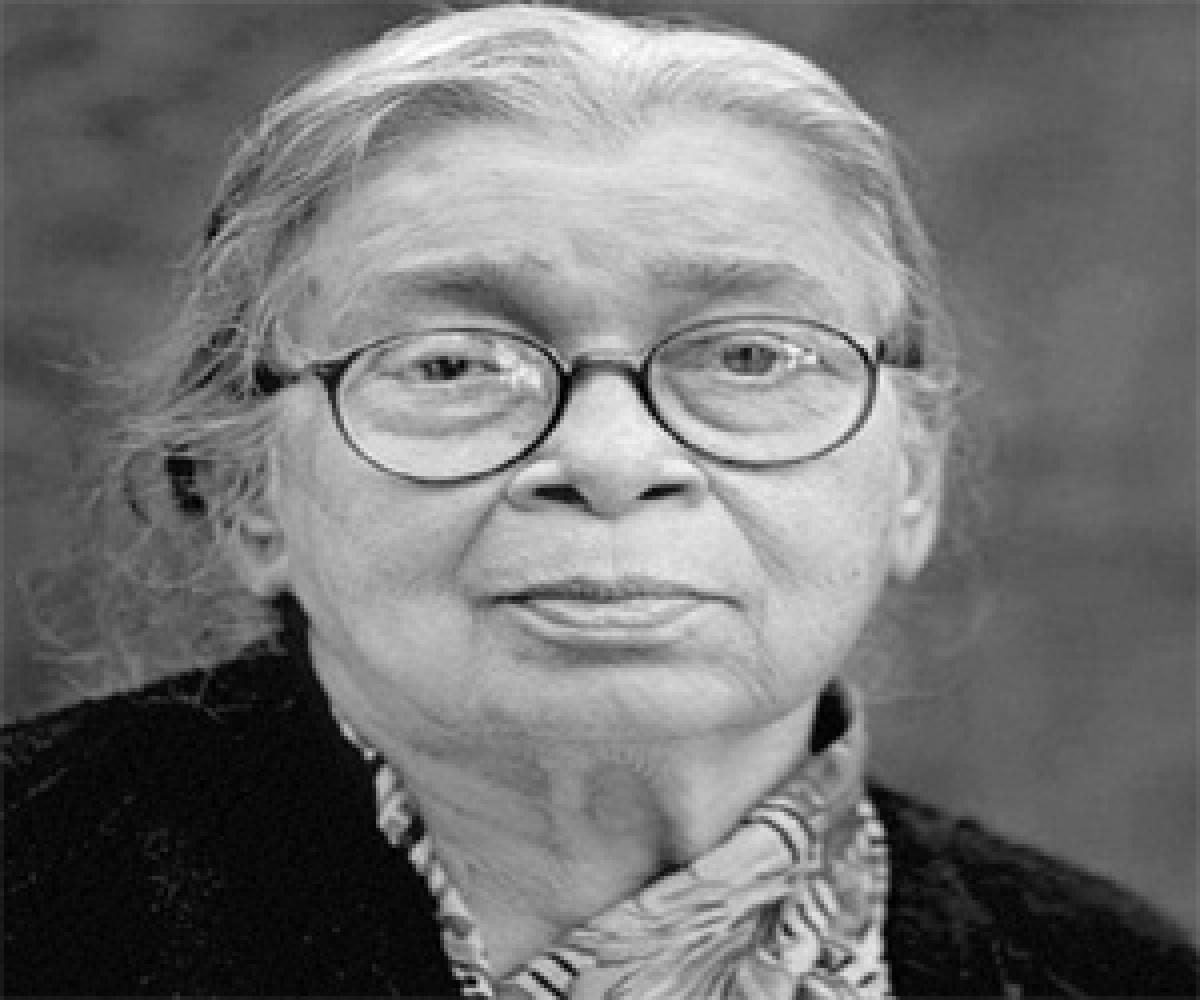Live
- Has Allu Arjun's ‘Pushpa 2’ raked in Rs. 1000 Crore Pre-Release Business?
- Reports of spat with Netanyahu misleading: Germany
- 5.0-magnitude quake hits Alaska Peninsula
- AP assembly elections: Filing of nominations in full swing in the state
- Alaya F stuns in denim look, exudes boss babe energy
- Brillare Clinic Celebrates First Anniversary with Gratitude and Glamour
- Tillu Square: Sidhu Jonnalagadda’s Film to Stream on Netflix in 5 Languages
- Sharwanand’s ‘Maname’ teaser: A glimpse into a refreshing tale
- Hyderabad: ‘SSMB 29’ pre-production underway; team spotted at airport
- LG raises $800 million bond for R&D & facility investments









